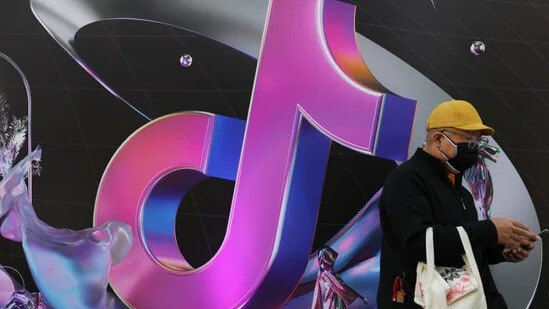Last week, President Joe Biden approved a limited TikTok ban when he signed the 4,162-page spending bill into law. According to NBC News, the ban prohibits the use of TikTok by the federal government’s nearly four million employees on devices owned by its agencies, with a limited exception for law enforcement, national security, and security research purposes.
The signed ban from the White House comes after several actions against the viral video app in recent months amid mounting security concerns raised by reports, national security experts, and congressional representatives over TikTok, owned by the Chinese company, Bytedance, and its ties to the communist government in Beijing.
After TikTok was banned two years ago by then-President Donald Trump but was stopped in court, the company has been on the defensive against legitimate concerns by politicians and tech experts. In December, TikTok poured fuel on its criticism when it confirmed to Forbes that its employees improperly tracked the location of several journalists, using methods that amounted to spying.
According to Forbes, one ByteDance executive resigned, and another was fired in late December. Insiders at ByteDance said the incident contributed to the growing suspicion toward the app, encouraging new bans in states and universities across America.
Experts familiar with this issue said that the incident made it more difficult for TikTok to show that it manages data responsibly. Currently, the social media app and the Biden administration, along with the Justice Department, have been locked in negotiations over a proposed security agreement that could potentially put the company on more solid footing.
TikTok denounced the new ban Friday on its app for federal agencies saying that it was "disappointed" that Congress moved to ban the app on government devices, describing it as a "political gesture" that will not help national security interests. TikTok added that the proposed security agreement with the Biden administration would address the security concerns of lawmakers and regulators.
"These plans have been developed under the oversight of our country’s top national security agencies — plans that we are well underway in implementing — to further secure our platform in the United States, and we will continue to brief lawmakers on them,” TikTok said.
In early December, the company shuffled its staff to build a new U.S.-based team for trust and safety issues, following pressure from lawmakers and regulators. According to NBC News, the purpose was to "build further trust and confidence in the protection of U.S. user data and compliance."
As more information comes out about TikTok, lawmakers in the House and Senate have raised the issue with the White House, encouraging the administration to seriously look into banning the app entirely. Several states throughout America have banned the app on state phones and computers along with students and university campuses.
While an actual national ban of the app for all citizens may be unlikely given the divided government, those concerned about the national security implications of TikTok are promising to continue to fight against its influence. In early December, House Republicans wrote to TikTok CEO Shou Zi Chew demanding a meeting, citing an earlier Forbes investigation into how the app handles reports of child sexual exploitation.
With Republicans taking over the House and several committees, representatives have vowed to find the underlying cause of China’s influence and to release as much information as possible to the public.
Related Story: Lawmakers Unveil Bipartisan Bill to Ban TikTok ‘For Good’









